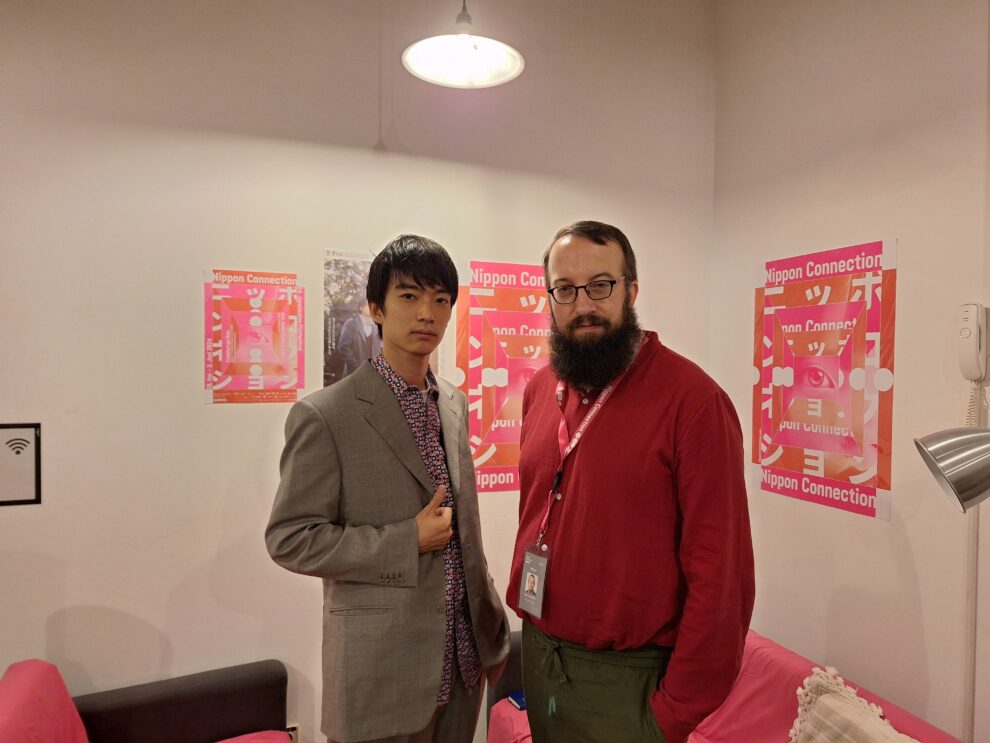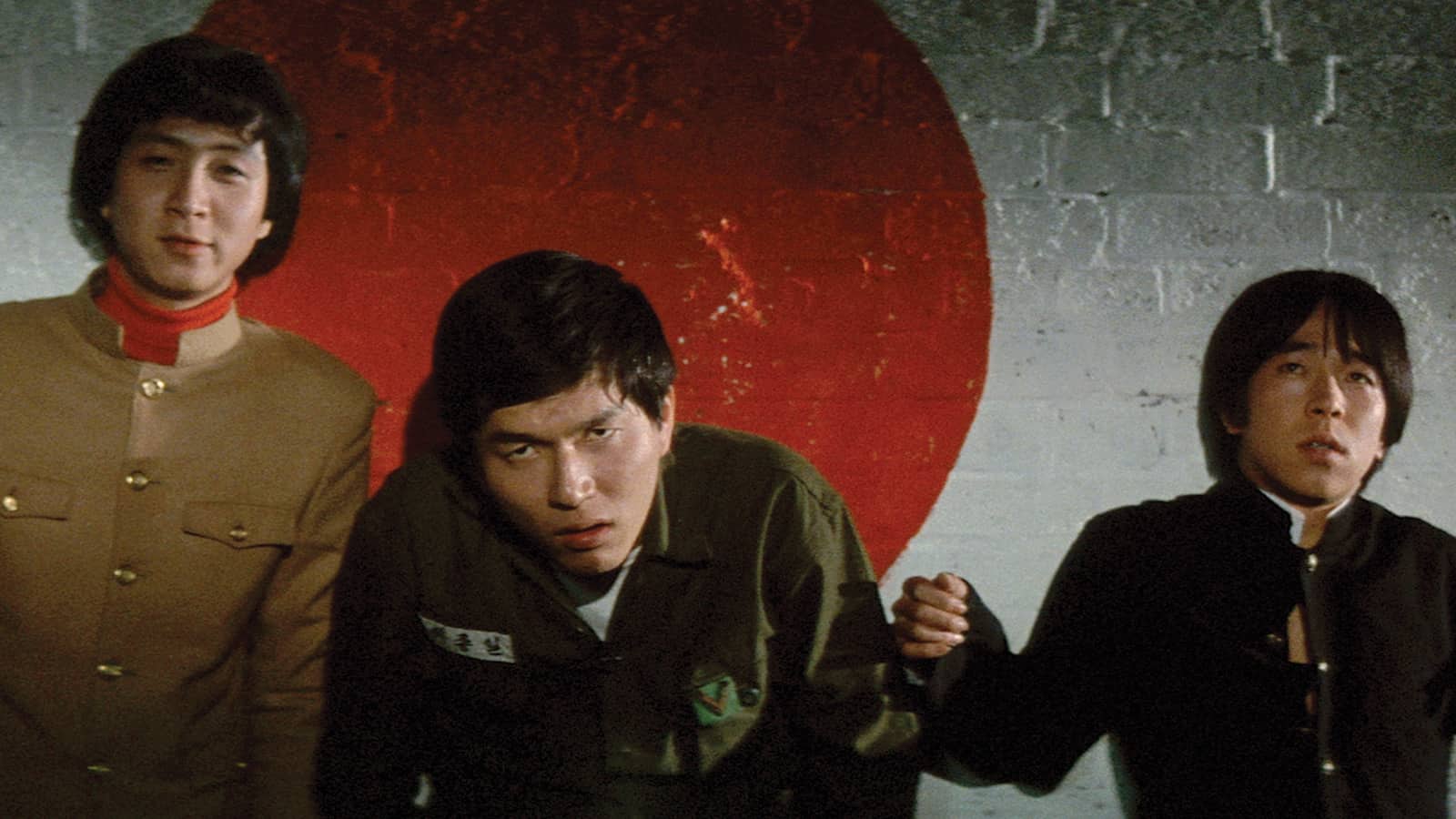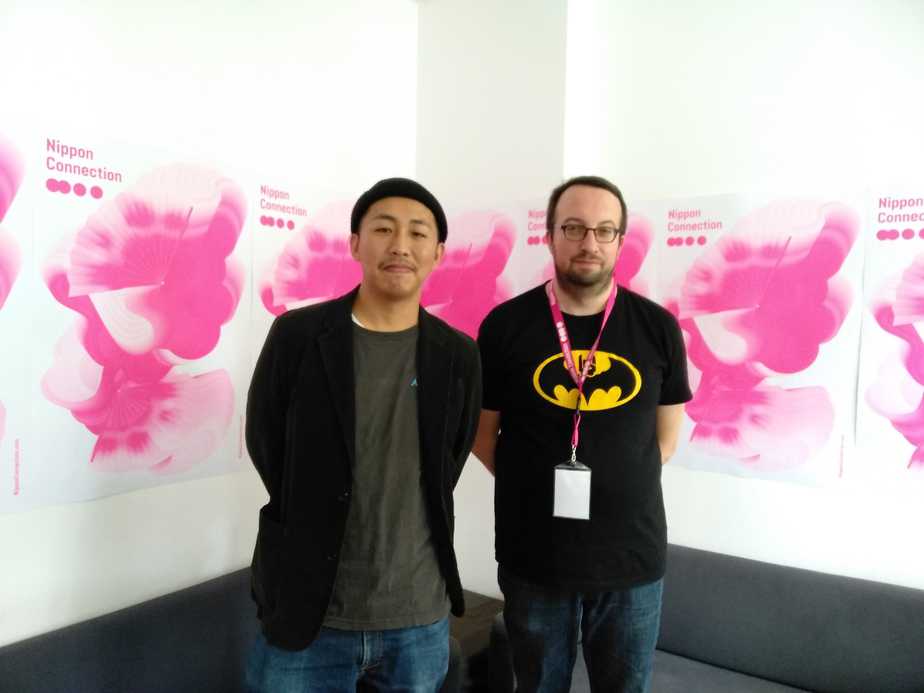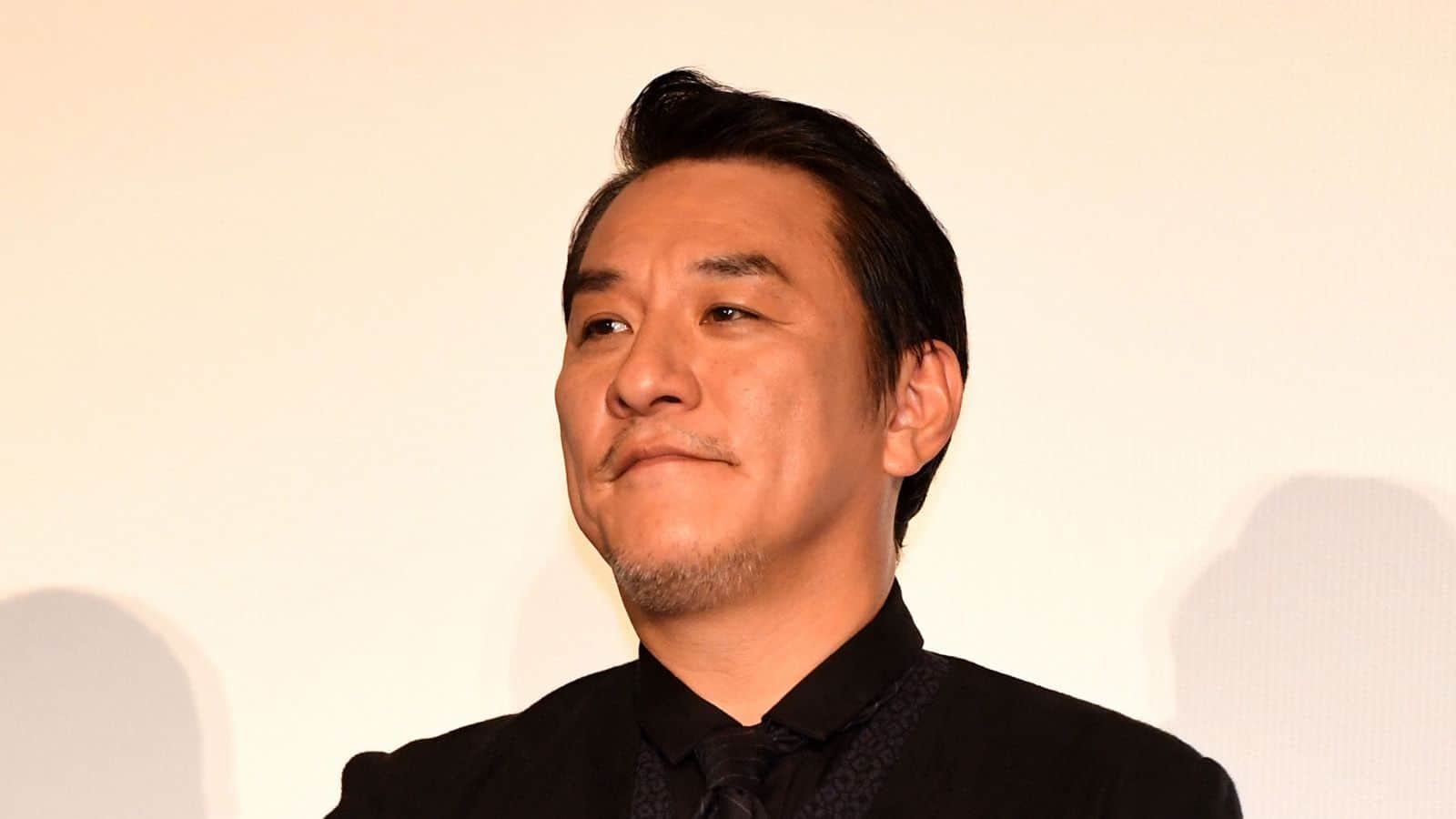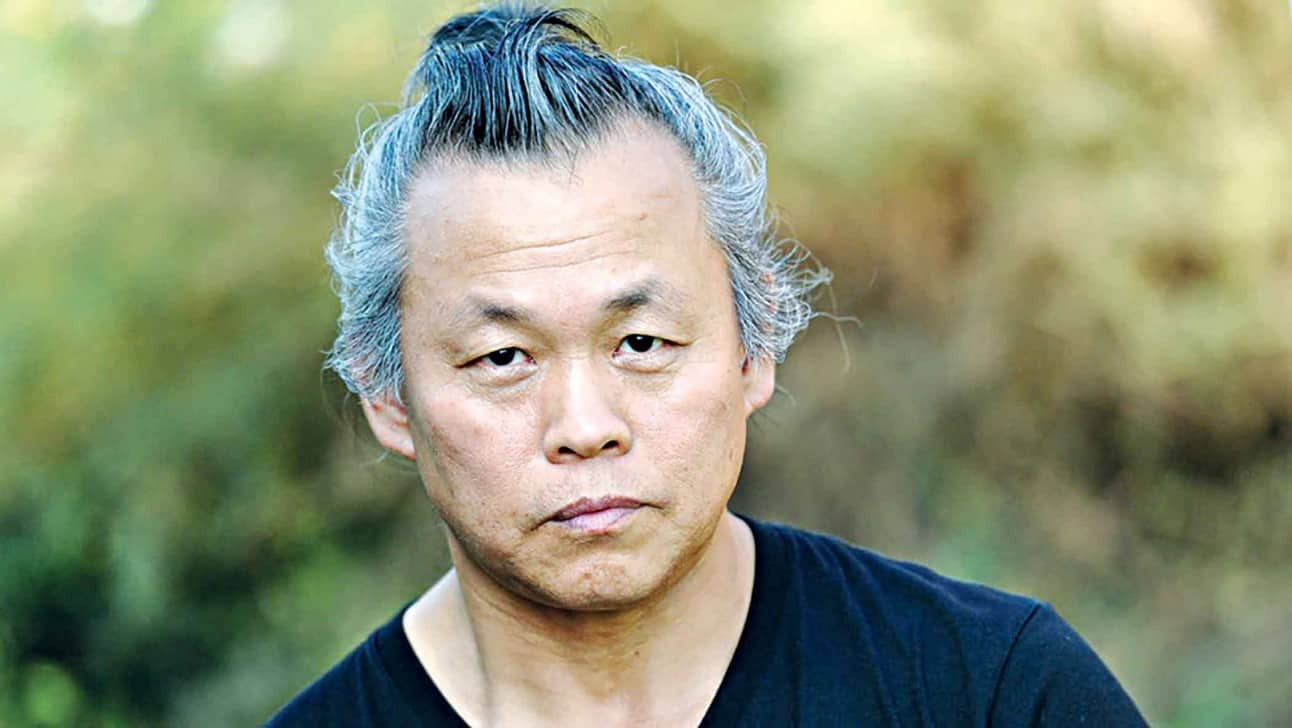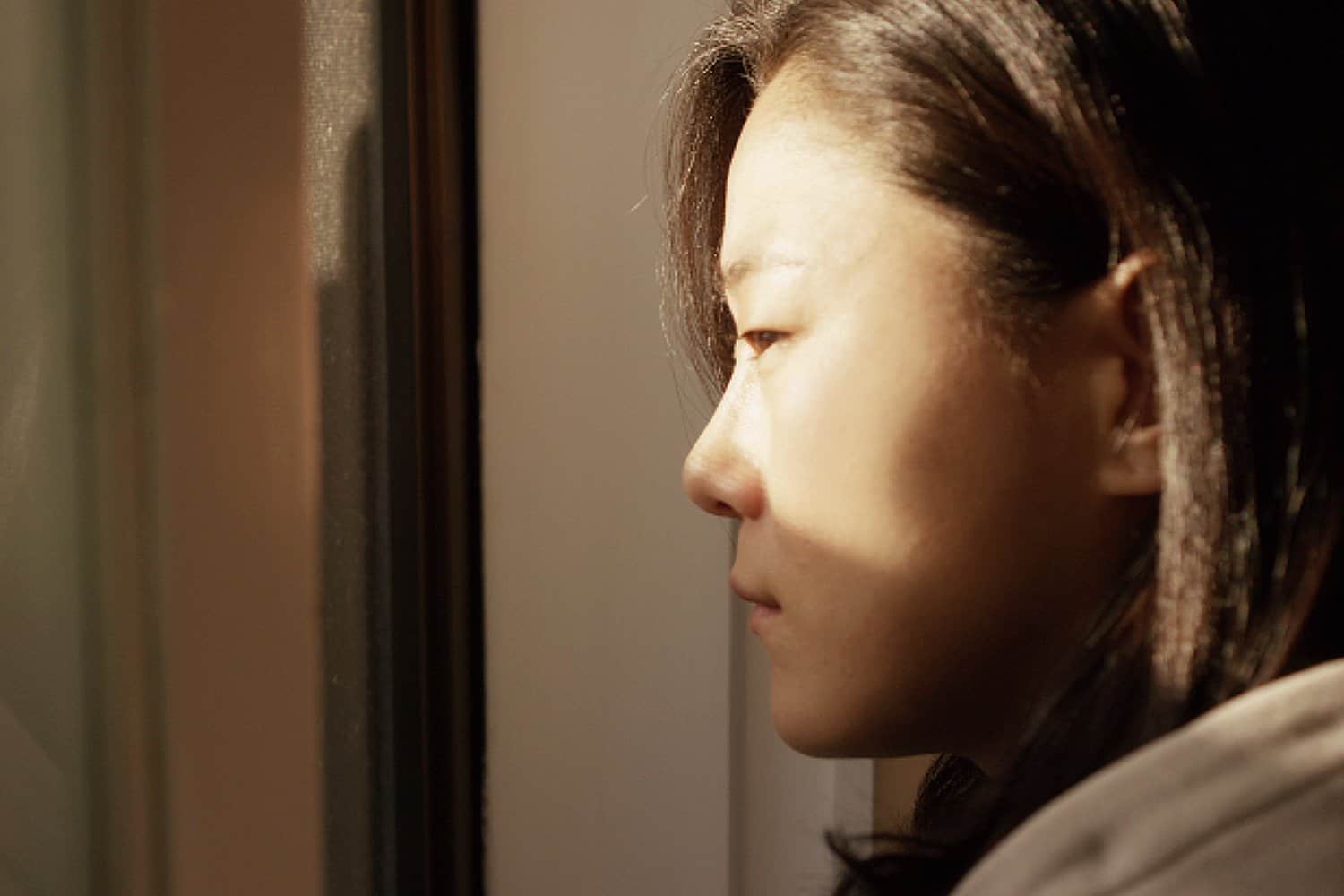Ren Sudo is a Japanese actor, director and screenwriter. Since 2017 he has been involved in many projects, ranging from features to TV drama such as “Little Miss Period” or “Kamata Prelude”. In 2022 he directed his first feature “Blacklight”, which also screened at Nippon Connection, just like his second project “Abyss”.
On the occasion of “Abyss” screening at Nippon Connection 2024, we talk with him to talk about the genesis of the project, its characters and about the state of Japanese independent cinema.
Ren Sudo is screening at Nippon Connection
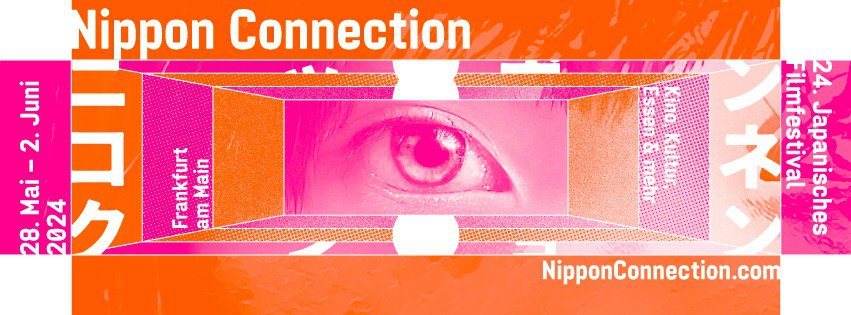
I have to say “Abyss” strikes me as a very romantic story. Do you consider yourself a romantic?
Yes, of course. When I start a new project, I first think about the romantic and erotic scenes. Perhaps that makes me a romantic person.
Since your film portrays both sides of Tokyo, do you prefer Tokyo at night or at daytime?
“Abyss” is some kind of self-portrait because, for a long time, I have been working in Shibuya, similar to the main character of the film. To me this part of Japan is quite dark, but also quite fascinating at night. During the pandemic, I experienced a version of Shibuya with no or very few people on the streets which gave me a feeling as if I was living in a world after a great disaster. The building seemed like great, human-made rocks, if that makes sense. I felt like I was in a great human-made ocean.
How much of your own biography actually went into the story of “Abyss” and its main character?
I would say between 50 to 70 percent is autobiographical or at least inspired by my own experience. The characters we see in the movie are based on people I met during my time working in Shibuya. My older brother is like a black sheep of the family and something happened to him which I find quite shocking to this day. “Abyss” is also my way to deal with this experience.

I find many of the images, such as the opening sequence with your character dancing in a night club, quite intense and very atmospheric. Can you say something about your aesthetic approach to these scenes as well as your collaboration with your DOP Sigma Sudo?
Sigma is one of my closest friends. He is a photographer but also a very talented DOP. I think it is quite interesting when I watch a movie portraying Japan from a foreigner's or outsider's perspective such as Sofia Coppola's “Lost in Translation”. Sigma has the ability to imitate this view on Japan which is what I wanted for “Abyss”.
I am not satisfied with the way many Japanese directors shoot, for example, club scenes. In features such as “Burning” by Lee Chang-dong, which is an adaptation of a Japanese novel, I find a different and overall more satisfying portrayal of Japan. His way of shooting a scene in a night club is closer to my own experience. It is very intimate and intense.
The night club scene is important for the story. It is, as I said, much like the ocean, but at the same time it is not natural. It is man-made, which is why the protagonist feels so much more at home there.
Check the review of the film
That is an interesting idea since I always thought the night club is more like a cave for the protagonist where he can hide.
That is also true. Whatever your understanding of the night club or other elements of the movie may be, the fact remains they are mostly man-made and the protagonist feels very much at home there. He feels somewhat scared when approaching, for example, the real ocean.
As the owner of a production company who like to take risks with the projects you take on, do you think the Japanese independent film industry does not take enough risks?
Yes, I do. Japan, as portrayed in “Abyss”, is not a young country and does not have enough fresh perspectives, resulting in more safe decisions rather than taking risks. The same goes for film production in my home country. In the creative process, it is vital to take risks and challenge yourself, but the film industry in Japan is old-fashioned or fixed and does very seldom think outside the box. That is why it was important for me to have my own production company since staying in one place creatively is not what I want.


